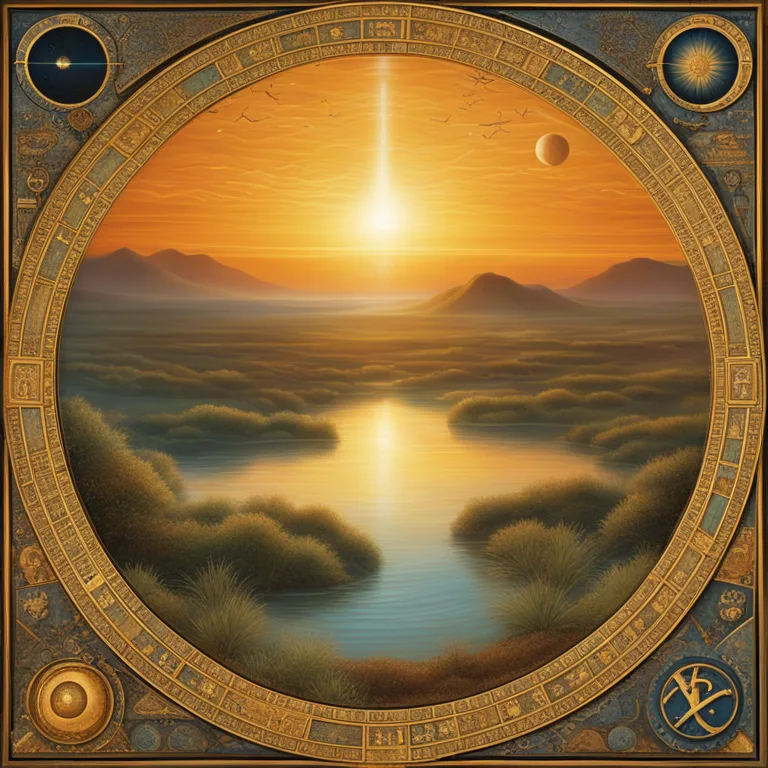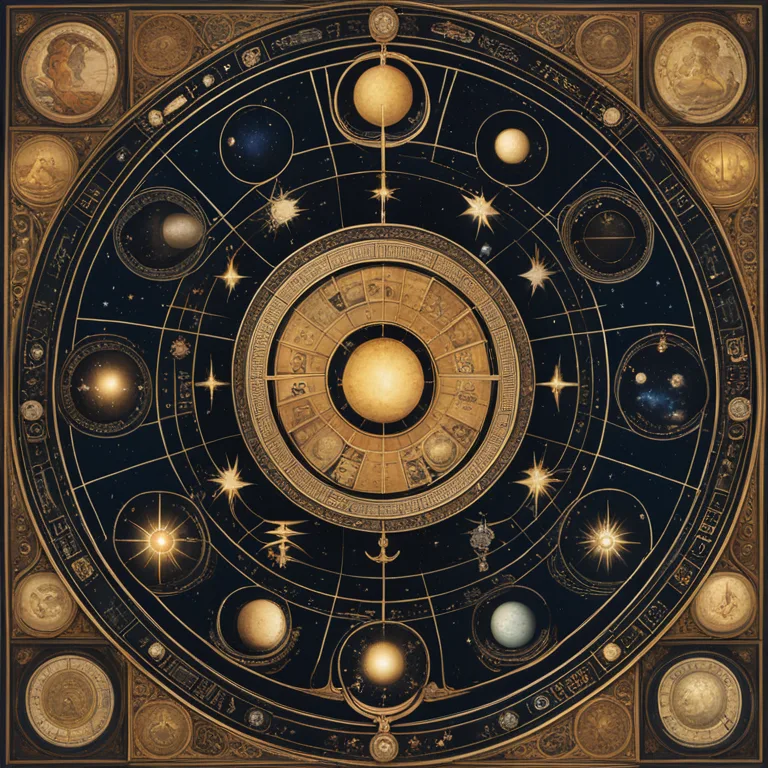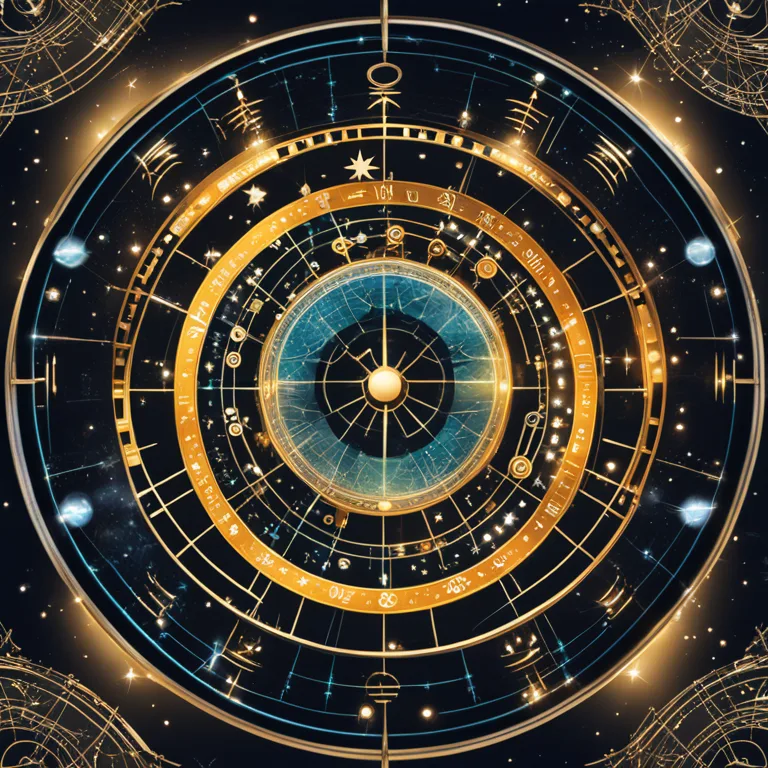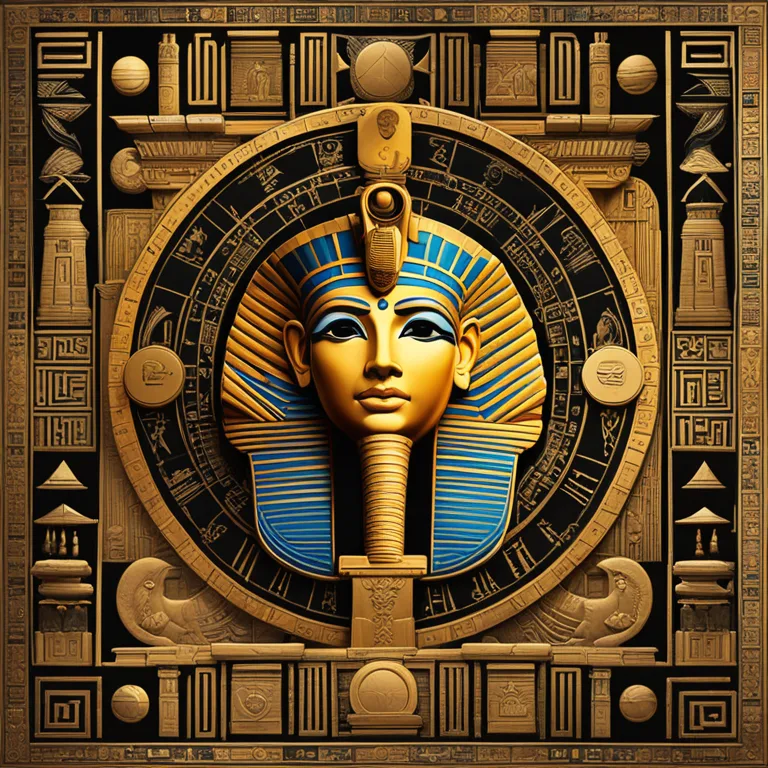
The Historical Origins of Astrology
Trace the historical origins of astrology and its evolution into the practice we recognize today.
article by Priya Deshmukh
The Dawn of Astrology
Astrology's inception dates back to ancient civilizations where the heavens were a source of wonder and speculation. The Babylonians are credited with forming the first organized system of astrology over 3,000 years ago. Their extensive observations of the heavens led to the creation of the zodiac and laid the foundations for the Western astrological traditions we are familiar with in the modern era. These astrological endeavours were intertwined with astronomy, with both serving to guide agricultural cycles and inform the decisions of rulers.

Astrology Spreads Through Civilizations
Astrology's influence expanded as it spread to other societies, including the ancient Egyptians, Greeks, and Romans. Each culture gave its unique imprint to astrology, intertwining it with local mythology and philosophy. Greek philosophers like Ptolemy played a significant role in advancing astrological knowledge with works such as the "Tetrabiblos," which remained a seminal text well into the Renaissance. These civilizations upheld the belief that celestial occurrences could predict terrestrial events, a principle that remains at the heart of astrology today.

A Shift with the Enlightenment
The Enlightenment brought a significant shift in the perception of astrology. Science began to draw a clearer line separating it from astronomy. Astrology, which had once been part of scholarly study, started to lose its stronghold in academic circles. However, despite the rise of empiricism and science, astrology found its audience among those who still sought understanding through the stars. Today, astrology is seeing a revival, particularly as individuals search for personal insights and cosmic connections.

Astrology in the Digital Age
With the advent of the internet and digital technologies, astrology has undergone another transformation. No longer confined to scrolls or printed almanacs, astrological forecasts, horoscopes, and compatibility readings are easily accessible to anyone with a smartphone or computer. As we advance towards 2024 and beyond, astrological practices adapt to the new data-driven era, emphasizing personalized astrological experiences through algorithmic analysis, increasingly blending tradition with technological innovation.

Modern Interpretations and Forecasting
In contemporary astrology, the focus is on psychological and personal growth aspects, with individual horoscopes crafted to guide one's journey through life's challenges and opportunities. The forecasts for 2024 highlight the significance of personal transformation and the strengthening of community ties. As Jupiter transits through Aries, astrologers predict a year of bold beginnings and leadership, while Saturn's shift into Pisces indicates a period of introspection and spiritual growth.
Astrology’s Cultural Resurgence
Astrology's entrenchment in popular culture has led to a surge of interest in personal zodiac readings and compatibility charts. Biorhythms and astrological profiling have also become tools in understanding personal relationships and career choices. As society becomes increasingly digital, astrology adapts, offering new ways to explore our place in the cosmos and seek guidance from the stars as we navigate the uncertainties of an ever-changing world.
Published: 12/29/2023
Modified: 12/29/2023
More predictions
Come back here soon to learn more about yourself and your future


Your Astrological House Journey
Discover which astrological house you belong to and learn how it shapes your personality, life path, and experiences in the cosmic realm.


What The Stars Have Aligned For You Today: Astrology Forecast
Discover what the stars have aligned for you today with our daily astrology forecast.


The Roots of Astrology: Tracing Its Linguistic Heritage
Delve into the linguistic history of astrology and uncover the ancient origins of this mystical practice's name and significance.